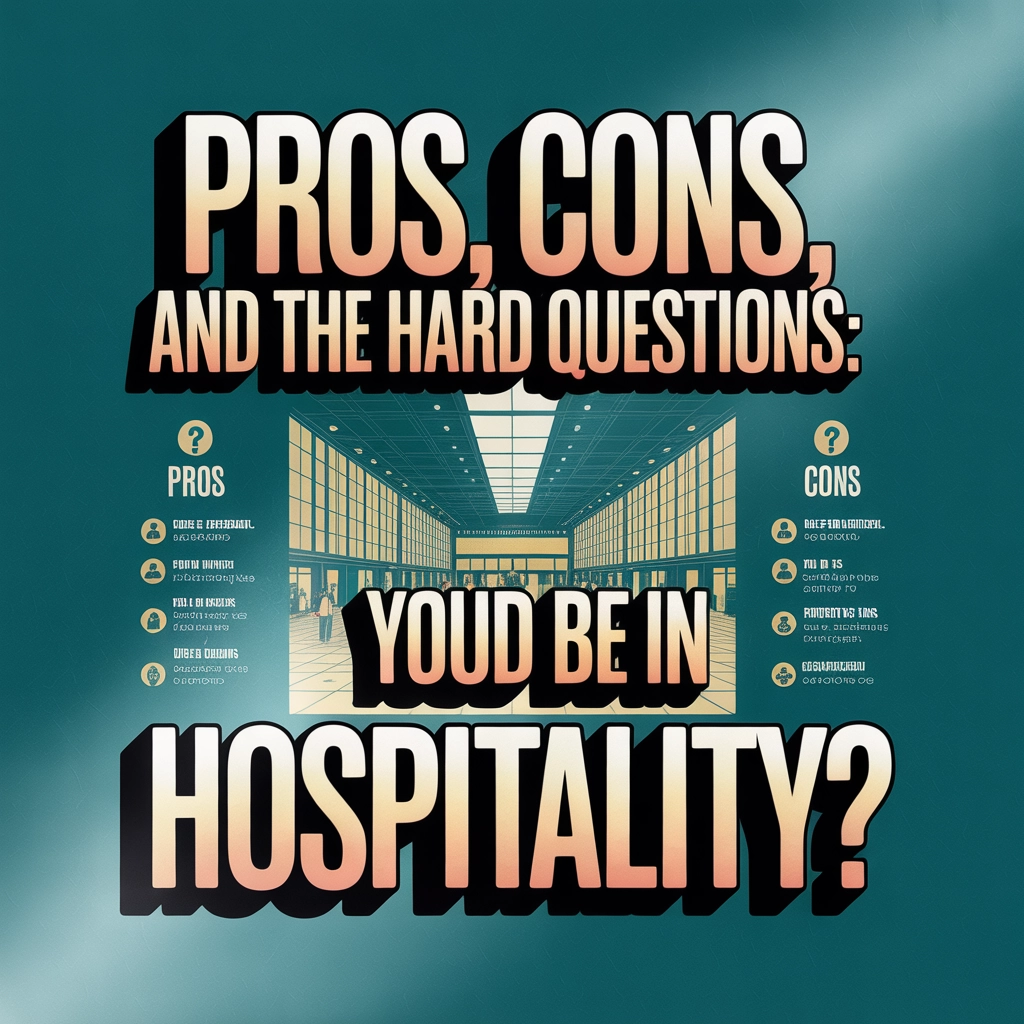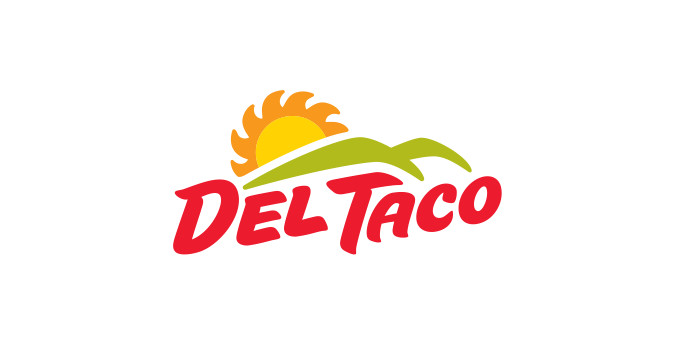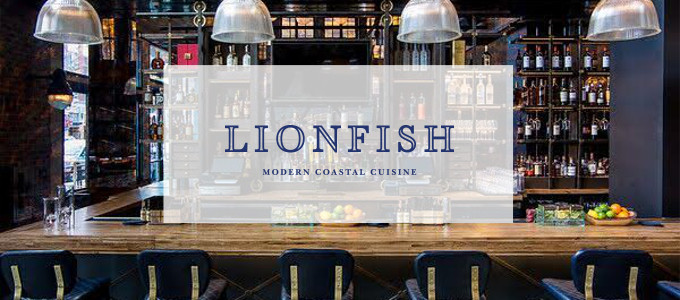You've dreamt about opening that restaurant. Your friends love your cooking. You've imagined the menu, the ambiance, even the name. But before you take the plunge, there's critical soul-searching to be done. The hospitality industry isn't just about great recipes or a passion for food—it's about survival in one of the most demanding business environments.
The Soul-Searching Process: Beyond the Excitement
The excitement of opening a restaurant can be intoxicating. But as someone who's seen countless restaurateurs succeed and fail, I can tell you that the most important first step isn't choosing your location or designing your menu—it's honest self-assessment.
Start with a simple exercise: grab a yellow legal pad or whiteboard and create two columns—pros on the left, cons on the right. Then begin asking yourself the hard questions that will determine if you're cut out for this industry.
The Honest Pros of Restaurant Ownership
The hospitality industry offers unique advantages that few other career paths can match:
Diverse, Non-Repetitive Work: Every day brings new challenges, new people, and new opportunities to solve problems creatively. If you're someone who dreads monotony, the restaurant business offers constant variety.
Creative Expression: Few businesses allow you to express your passion and creativity like a restaurant. Whether it's through innovative dishes, unique atmosphere, or exceptional service, your vision can come to life.
Deep Personal Satisfaction: There's nothing quite like seeing guests enjoying a meal you've created or an experience you've designed. These moments can provide profound fulfillment.
Potential for Growth: The hospitality industry can offer rapid advancement for those who excel. From single locations to multiple concepts, the ceiling for growth is remarkably high.
Building Community: Restaurants often become the heart of communities, creating spaces where people celebrate, connect, and create memories. Being that catalyst carries significant meaning.

The Unavoidable Cons and Challenges
But the romance of restaurant ownership comes with significant challenges:
High Failure Rate: As mentioned in the chapter, approximately 60% of new restaurants fail within the first year. This isn't meant to discourage you but to prepare you for the reality.
Financial Risk: Opening a restaurant requires significant investment—whether it's your savings, investments from family and friends, or loans. Can you handle losing that money if things don't work out?
Demanding Hours: Forget 9-to-5. Restaurant owners often work 12+ hour days, weekends, and holidays. Your personal life will be impacted, and your family will feel it too.
Physical and Mental Strain: The work is physically demanding—from cleaning fryers to mopping floors—and mentally taxing as you manage staff, vendors, and customer expectations simultaneously.
Constant Criticism: From online reviews to direct customer feedback, your work will be publicly critiqued constantly. Your ability to handle criticism constructively rather than personally is crucial.
The Hard Questions You Must Answer
Before proceeding further, honestly assess yourself on these critical questions:
1. Your Motivation and Personal Traits
- Do you genuinely love the food and beverage industry, or are you just seeking to make money or become famous?
- Are you a self-starter who can solve problems independently?
- How do you handle stress and rejection?
- Are you willing to clean dirty fryers, mop floors, and handle the unglamorous aspects of the business?
2. Financial Realities
- Are you willing to risk your own money on a business with a high failure rate?
- Do you have family and friends willing to invest, and can you handle the pressure if their money is lost?
- Have you calculated how much capital you'll need not just to open but to sustain the business until it becomes profitable?
3. Competitive Landscape
- What makes your restaurant concept different from or better than existing options?
- Does your community need or want the type of establishment you're planning?
- Have you researched the demographics and competition thoroughly?
4. Relationship Readiness
- Have you built relationships with vendors, staff, media, and others in the industry?
- Are you prepared to create meaningful connections with your customers?
- Do you have mentors or advisors in the industry who can guide you?

Rate Yourself Honestly
Following the chapter's guidance, take a moment to rate yourself from 1-10 on these essential traits:
- I am a motivated person
- I am a self-starter
- I am a great problem solver
- I handle stress well
- I am an organized person
- I handle rejection and criticism well
- I am responsible with money
- I love the physical aspects of restaurant work (cleaning, mopping, etc.)
Be brutally honest—and consider asking trusted friends or family to rate you as well. Sometimes others see us more clearly than we see ourselves.
The Ego Test: A Critical Assessment
One of the most important sections in the chapter addresses ego. As stated, "You need confidence, belief in yourself, and, yes, a healthy ego… What you don't need is such a big ego that you believe you are too good to wash dishes, treat your staff with respect, or accept other people's constructive criticism."
The restaurant industry will humble you. Customers will criticize your beloved family recipes. Trends will shift away from your specialty. Reviews might be harsh. Your ability to separate your personal worth from these business challenges is essential for survival.
Consider the story shared in the chapter about the cookie baker who couldn't handle criticism. Despite having an extraordinary product, his ego became his biggest obstacle. Ask yourself: Can you separate personal pride from business decisions? Can you listen to feedback without defensiveness?
Finding Your Support System
If you decide to move forward, identify one or two industry confidants (not vendors) who can serve as mentors and sounding boards. As the chapter advises, keep your complaints and challenges private rather than venting to everyone or posting negativity on social media.
The networking opportunities in hospitality are invaluable, but they must be genuine. Build relationships based on mutual benefit rather than just what others can do for you.

Adaptability: The Ultimate Success Factor
Perhaps the most important trait for hospitality success is adaptability. As highlighted in the chapter, "Business models change, and as an entrepreneur, I needed to accept change to continue my success."
The industry evolves rapidly. From AI and machine learning revolutionizing demand forecasting to upcycling transforming menus, staying relevant requires constant learning and evolution.
Ask yourself: Can you pivot when necessary? Are you willing to let go of concepts that aren't working, even if you're emotionally attached to them? Can you learn from industry trends and the mistakes of others?
The Final Question: Do You Still Want In?
After all this soul-searching, the most important question remains: Do you still feel called to this industry? Does the passion outweigh the challenges? Are you willing to put in the work, take the risks, and face the obstacles?
If your answer is yes—and it's an informed yes—then you have the foundation to move forward. The hospitality industry needs passionate, dedicated entrepreneurs who understand both the romance and reality of the business.
As the chapter concludes: "Most importantly, after considering all of your answers, can you still say you love this industry and want to serve people and become successful? If you said yes (and mean it), your personal foundation has been set, and now it is time for the actual details of starting a restaurant."
The journey will be challenging, but for those truly suited to the industry, it can also be incredibly rewarding. In upcoming posts, we'll explore the practical steps of turning your restaurant dream into reality.
In the meantime, I encourage you to download our Restaurant Self-Assessment Worksheet to help guide your decision-making process. And if you've already decided the hospitality industry is right for you, we invite you to explore our insights on the surprising flavor trends shaping food & beverage in 2025 to stay ahead of the curve.
Written by Michael Politz, Author of Guide to Restaurant Success: The Proven Process for Starting Any Restaurant Business From Scratch to Success (ISBN: 978-1-119-66896-1), Founder of Food & Beverage Magazine, the leading online magazine and resource in the industry. Designer of the Bluetooth logo and recognized in Entrepreneur Magazine's "Top 40 Under 40" for founding American Wholesale Floral. Politz is also the founder of the Proof Awards and the CPG Awards and a partner in numerous consumer brands across the food and beverage sector.







